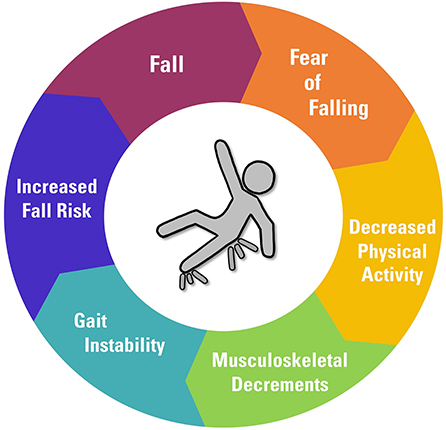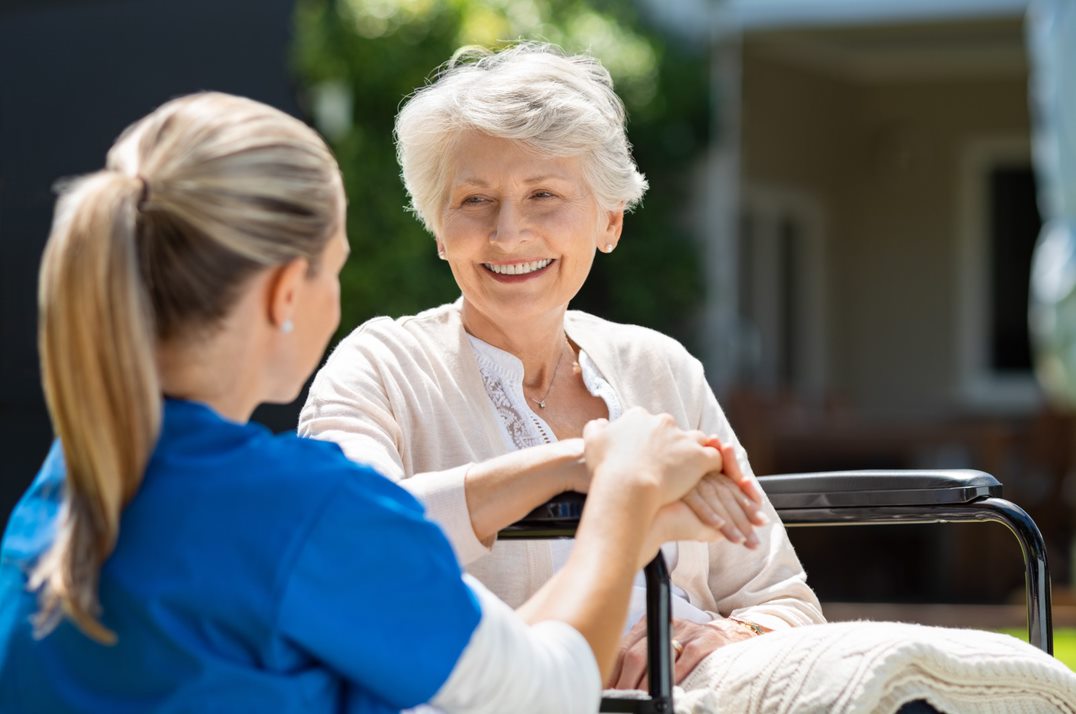The Only Guide to Dementia Fall Risk
The Only Guide to Dementia Fall Risk
Blog Article
Some Of Dementia Fall Risk
Table of ContentsHow Dementia Fall Risk can Save You Time, Stress, and Money.Dementia Fall Risk - The FactsSome Known Questions About Dementia Fall Risk.Our Dementia Fall Risk PDFsUnknown Facts About Dementia Fall Risk
The FRAT has 3 areas: drop threat status, danger variable list, and activity strategy. A Loss Danger Standing includes information concerning background of current drops, medicines, mental and cognitive condition of the client - Dementia Fall Risk.If the client ratings on a risk element, the matching variety of points are counted to the patient's autumn threat score in the box to the far best. If a person's autumn risk rating totals five or higher, the person goes to high risk for drops. If the client ratings only four points or reduced, they are still at some danger of falling, and the registered nurse needs to utilize their best clinical analysis to manage all loss danger variables as part of an all natural treatment strategy.
These basic methods, in general, assist establish a safe atmosphere that reduces unexpected falls and defines core precautionary measures for all individuals. Indications are important for clients at risk for drops.
How Dementia Fall Risk can Save You Time, Stress, and Money.
Wristbands need to include the patient's last and first name, date of birth, and NHS number in the UK. Just red color should be made use of to indicate special patient standing.
Products that are also far might require the person to get to out or ambulate needlessly and can possibly be a danger or add to drops. Assists prevent the person from heading out of bed without any aid. Nurses react to fallers' phone call lights much more promptly than they do to lights initiated by non-fallers.
Aesthetic problems can considerably create falls. Hip pads, when put on correctly, may decrease a hip fracture when fall happens. Maintaining the beds closer to the floor reduces the threat of drops and major injury. Putting the bed mattress on the floor significantly decreases fall threat in some healthcare settings. Reduced beds are designed to reduce the distance a person drops after moving out of bed.
Some Of Dementia Fall Risk
Individuals that are tall and with weak leg muscles that attempt to sit on the bed from a standing position are most likely to fall onto the bed because it's too reduced for them to reduce themselves safely. If a tall patient efforts to get up from a reduced bed without aid, the person is likely to drop back down onto the bed or miss out on the bed and fall onto the floor.
They're developed to promote timely rescue, not to stop falls from bed. Audible alarms can likewise advise the person not to stand up alone. Making use of alarm systems can also be a substitute for physical restraints. Other than bed alarms, enhanced supervision for risky individuals likewise may help prevent falls.

Patients with a shuffling gait increase fall opportunities considerably. To reduce loss threat, footwear need to be with a little to no heel, thin soles with slip-resistant tread, and support the ankles. Encourage individual to make use of nonskid socks to avoid the feet from moving upon standing. Urge individuals to put on proper, well-fitting shoesnot nonskid socks for ambulation.
Dementia Fall Risk Fundamentals Explained
In a research study, homes with adequate lighting record less drops (Ramulu et al., 2021). Enhancement in lights at home might decrease fall rates in older grownups.

Sitters work for ensuring a protected, protected, and secure setting. Nonetheless, research studies demonstrated extremely low-certainty evidence that caretakers reduce autumn danger in acute care health centers and only moderate-certainty that alternatives like video clip surveillance can lower caretaker use without boosting autumn risk, recommending that caretakers are not as beneficial as at first thought (Greely et al., 2020).
Fascination About Dementia Fall Risk

Raised physical conditioning minimizes the threat for falls and restricts injury that is sustained when loss takes place. Land and water-based workout programs may be in a similar way valuable on balance and Read Full Report stride and thereby decrease the threat for falls. Water workout might contribute a favorable advantage on balance and gait for women 65 years and older.
Chair Increase Workout is an easy sit-to-stand workout that helps reinforce the muscular tissues in the thighs and butts and boosts flexibility and freedom. The objective is to do Chair Increase workouts without utilizing hands as the customer becomes stronger. See resources area for a comprehensive guideline on exactly how to perform Chair Surge workout.
Report this page